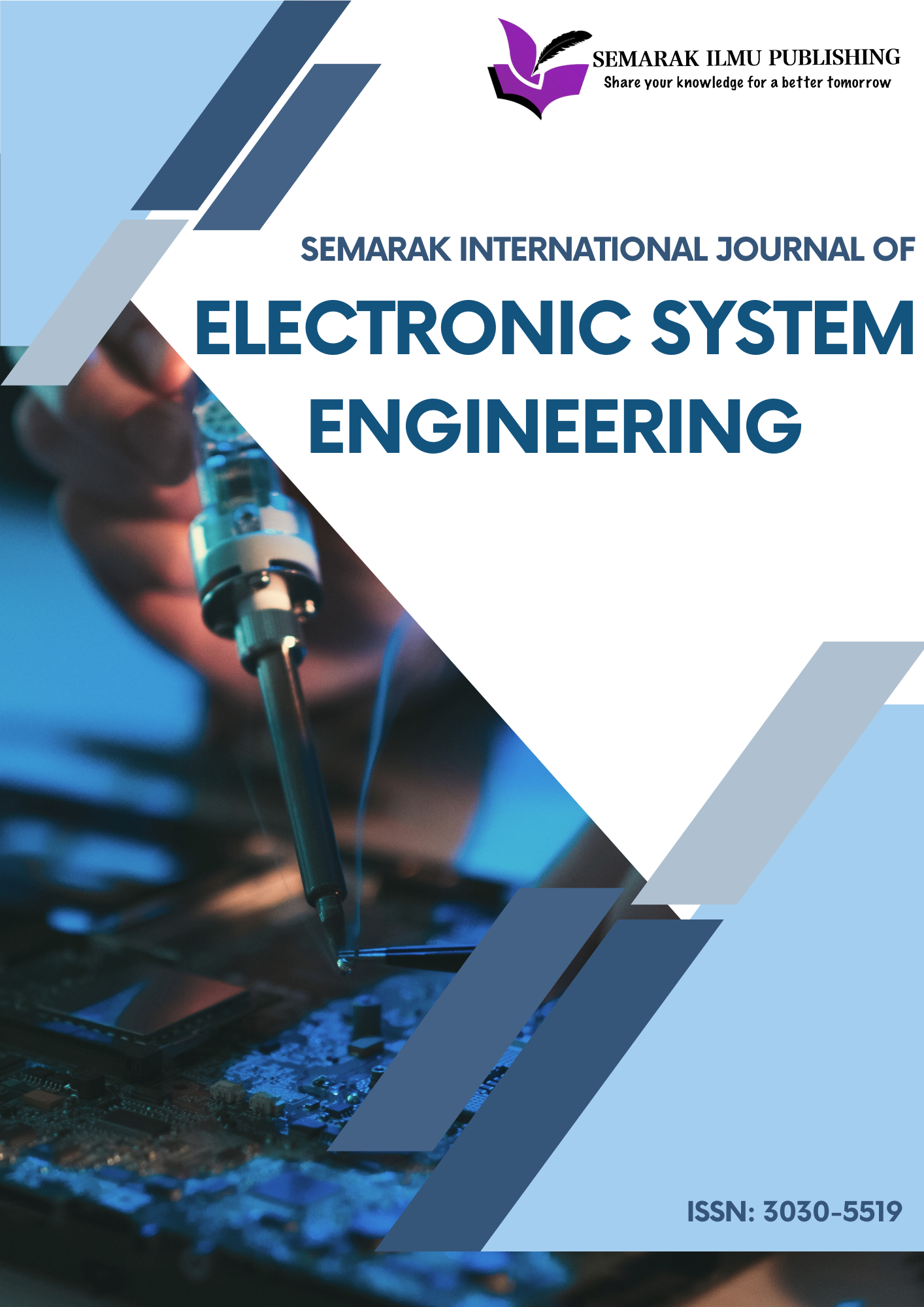Multi-Objective Economic Dispatch Problems: An Evolutionary Programming Approach
DOI:
https://doi.org/10.37934/sijese.4.1.3142bKeywords:
Economic dispatch, multi-objective optimization, evolutionary programmingAbstract
Optimizing multiple objectives is a common challenge in complex decision-making scenarios, where improving one objective often comes at the expense of another. In power system generation, two critical objectives must be simultaneously minimized: the total generation cost and the total emissions released. This study introduces a multi-objective optimization method developed to address these dual objectives. The proposed approach aims to identify the optimal solution to the economic dispatch problem, balancing the trade-off between minimizing generation costs and reducing environmental impact by lowering total emissions. Heuristic optimization is used to solve this multi-objective combined economic and emission dispatch (MOCEED) problems through the implementation of Multi-Objective Evolutionary Programming (MOEP). In this study, the Weighted Sum Method (WSM) is combined with the Evolutionary Programming (EP) technique to minimize both objectives. The developed approach is validated on the IEEE 30-Bus RTS, which consists of six generators. The effectiveness of the developed technique is evaluated and compared the results against scenarios without optimization. Simulations are performed using MATLAB software, and the results demonstrate that the proposed Multi-Objective Evolutionary Programming (MOEP) successfully identifies the optimal generator outputs, achieving significant reductions in both total generation cost and emissions. These results highlight the method's capability to provide superior solutions for multi-objective economic dispatch problems.









